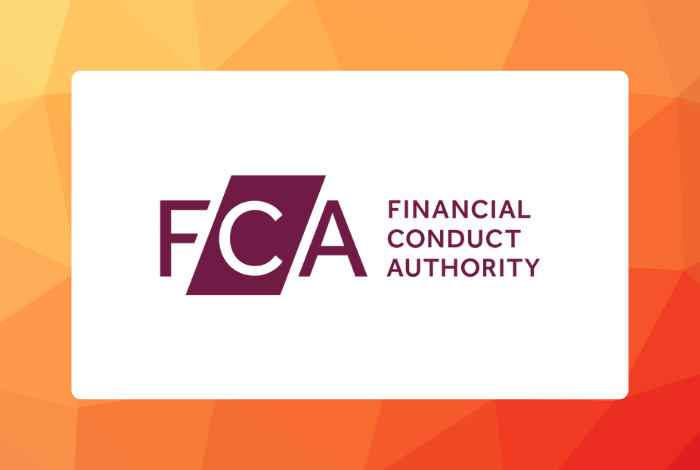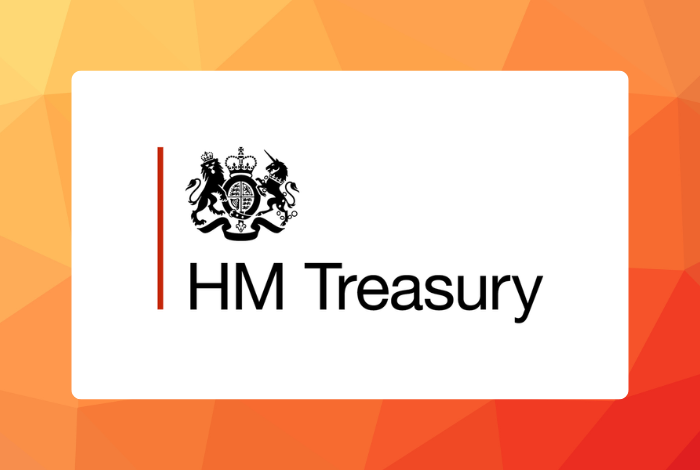CryptoUK (“we”) and its members welcome the opportunity to comment on the Consultation Paper regarding the FCA’s proposal on lifting the ban on retail access to certain cryptoasset exchange traded notes (cETNs). CryptoUK is the UK’s self-regulatory trade association representing the cryptoasset sector. Our members comprise over 100 of the leading companies across the sector and across the UK. Many of our members are also international and engage with regulators and policies on a global basis.
Question 4.1: Do you agree with our overall proposal (outlined above and in Appendix 3) to the lifting of the ban on retail access to cETNs which are admitted to UK RIEs, so that retail consumers may access UK RIE cETNs in the same way as professional investors? Please explain.
Following consultation with our members, and based on multiple conversations over the past few years, we are of the belief that this proposed lifting of the ban for retail access to cETNs is a positive move for the UK and for investors looking to broaden their investments into the cryptoasset space with more guardrails and safety parameters.
By extending access to cETNs there will be additional benefits for retail investors versus the comparative issues of holding any underlying assets in the crypto space directly or via a crypto exchange and we have long been of the belief that this blanket restriction has had no benefits in achieving the regulators objectives of consumer protection – in fact we have raised concerns that this has actually had the opposite detrimental impact of not offering the benefits of ETP structures protections.
By going ahead with this proposal and opening up access to these products to retail investors in the UK we will see the enhanced benefits of enhanced transparency, clearer regulatory parameters and governance, less misleading and complex pricing and fee structures being implemented, enhanced security and custody processes and the implementation of already established best practices.
We at CUK believe that providing additional ways for UK investors to access this new asset class, through products they are familiar with, offers, in many instances, a preferable outcome than only being able to operate via a crypto exchange which is a new prospect and may be more complex to navigate. This also mitigates some of the risks attached to potential scams through cloned websites and social engineering that could bring significant harm to UK crypto investors.
We would question the FCA as to whether there should also be an appetite to open up the retail market to ETFs in the near future. We acknowledge that the largest ETFs in the US in the cryptoasset space have significant assets and these are well established and regulated financial services providers. By considering this ban being extended to also include ETFs the UK would be allowing retail investors to have access to a wider variety of opportunities to consider certain track record asset classes, lower fees and potentially (as with cETNs) the reduced counter-party risk and no custody requirements that come with owning the asset through self custody.
As we know the demand for retail investment into this new alternative asset class has increased significantly. A recent study by European Trade Association Adan highlighted a majority of those surveyed are interested in accessing crypto-assets via their savings and prefer indirect exposure through investment vehicles such as equities or ETFs (31%)
The approval of the first spot Bitcoin ETFs by the U.S.Securities and Exchange Commission (SEC) in January 2024 appears to have boosted public interest in this type of investment. However, these products are not yet accessible in Europe.
Question 4.2: Do you agree that UK RIE cETNs should be subject to broadly the same financial promotions rules as qualifying cryptoassets and classified as restricted mass market investments?
The general consensus from our members is that this approach would be overly restrictive and unnecessary given there are already existing and robust rules in place for ETNs and cETNs should be subject to the same regulatory approach. We acknowledge there is a requirement to consider how to position regulatory requirements around other areas of cryptoasset activity but given that this is an extension of an additional asset class to an established framework of rules for the issuance and distribution of ETNs then this set of rules should be sufficient to expand to cover the requirements for cETNs.
The initial intentions of the Financial Promotions regime was to halt misleading promotions via numerous media channels. At the time this was enacted in a largely unregulated environment, where consumer risks were elevated due to numerous factors including product type (eg spot derivatives) and the use of offshore unregulated exchanges offering products to UK consumers.
ETN’s issued by regulated entities possess a completely different risk profile and therefore do not require the same Financial Promotions protections.
Given that not all ETNs fall into the category of Restricted Mass Market Investments, and that ETNs by their nature are a debt instrument (caveated with the exposure to a cryptoasset in this instance but not directly to the cryptoasset itself), then we believe it should be treated as such, rather than in the same way the regulators treat a cryptoasset, given the main risk element for the investor is taken on the issuer of the note itself.
In addition, we believe this approach would be disadvantageous to the UK market given that regulations in the EU have not been extended beyond those already in place to cover additional requirements for cETNs. The UK and regulators need to be considering all objectives at play here, and specifically around competitiveness and growth for the UK, to ensure that the lifting of this ban does not cause unnecessary and cumbersome requirements on UK providers and investors which would mean they would look to other alternative markets and not drive growth in this sector here in the UK.




